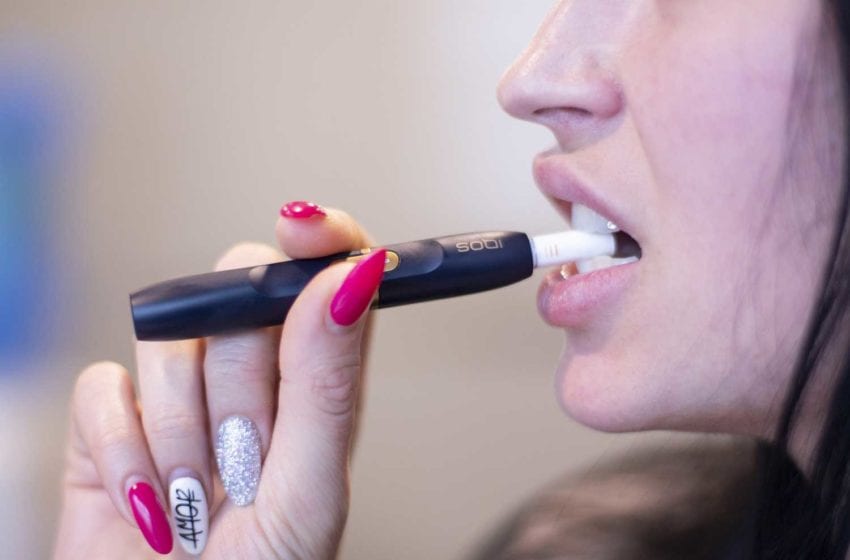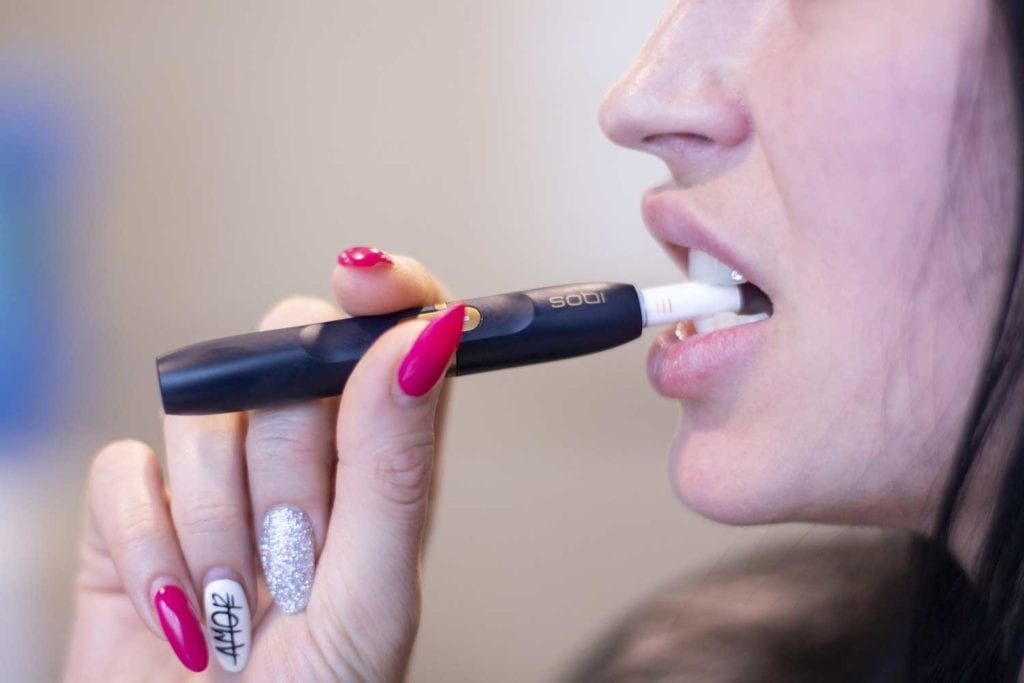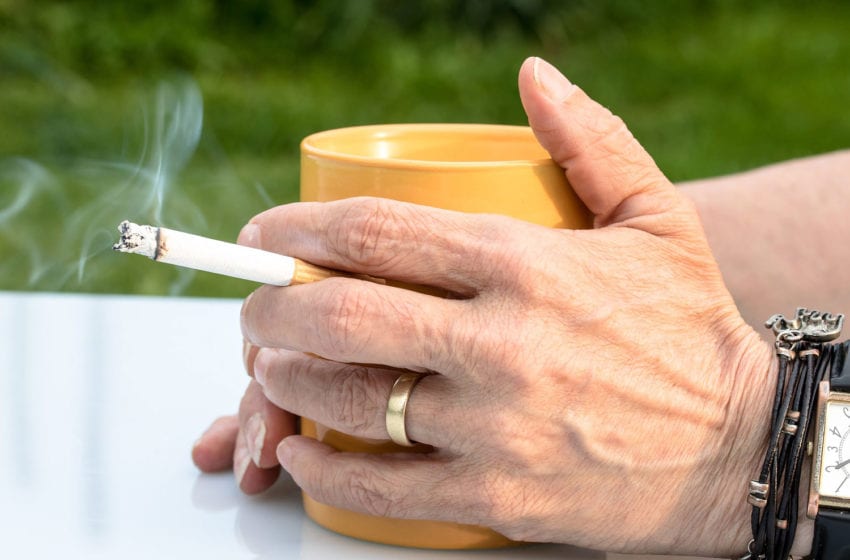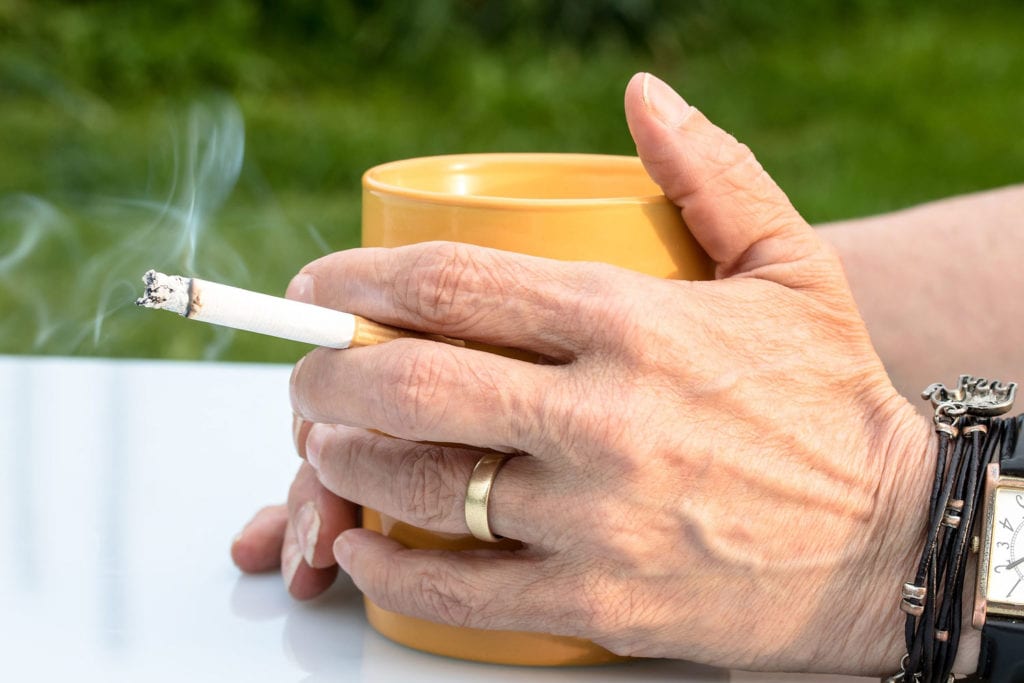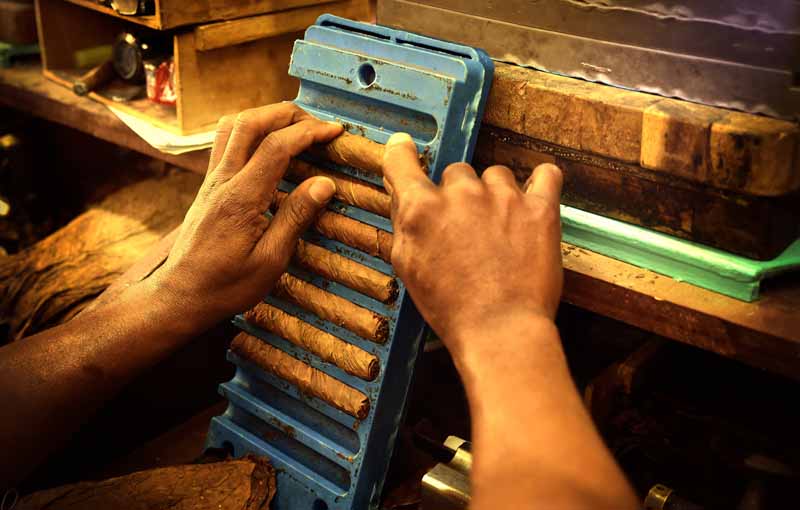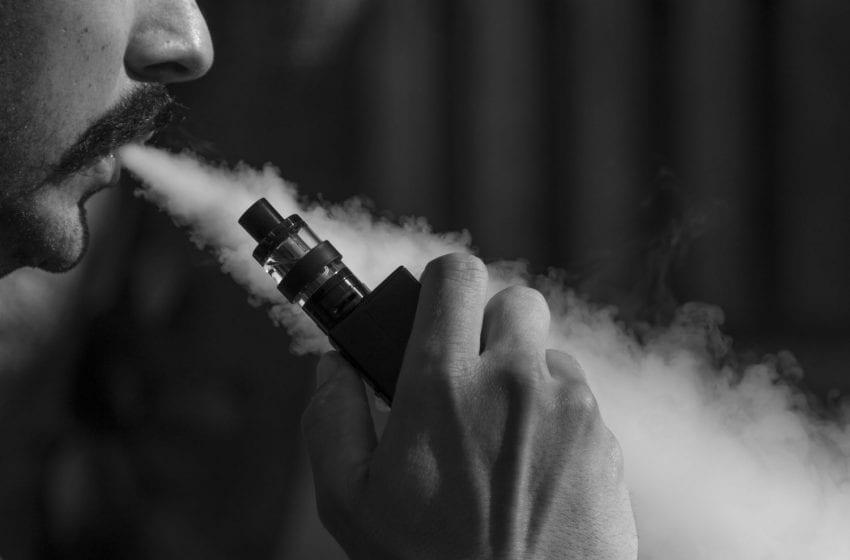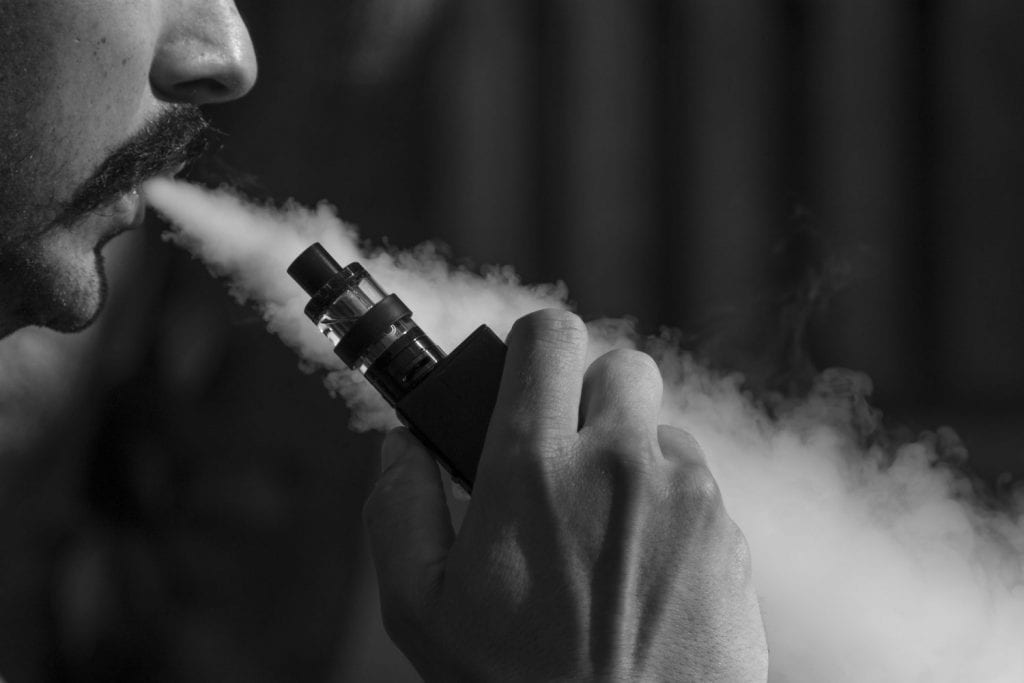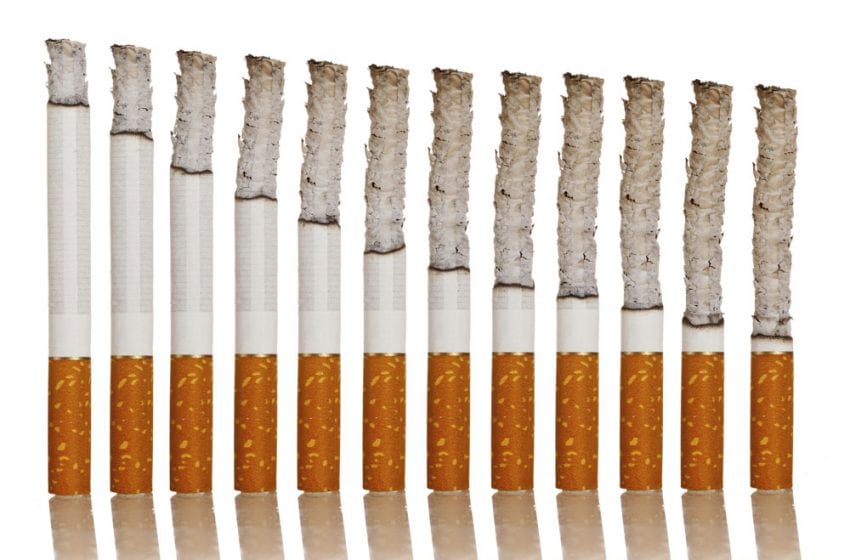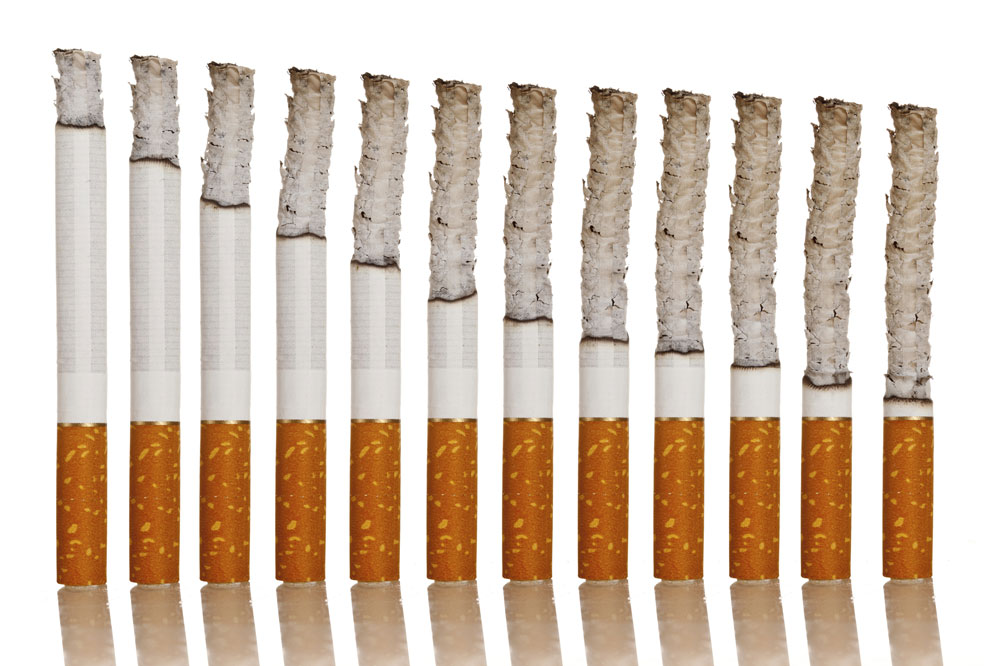University of California San Francisco (UCSF) professor and anti-tobacco activist Stanton Glantz has retired after 45 years.
“I have finally retired from UCSF, ready to move to the next phase,” Glantz wrote in an email to colleagues that has since been shared by many, including Clive Bates, on Twitter. “I will also be continuing to work with my UCSF colleagues to complete work that is underway. From talking to colleagues who have already retired, I am confident that there will be more ways that I can keep contributing to fighting the tobacco industry and promoting public health.”
Glantz announced that he would be stepping down as UCSF Center for Tobacco Control Research and Education director in June of this year after previously stepping down as principal investigator for the center.
Glantz’s research on tobacco and vaping has been frequently criticized by vaping advocates. Recently, he was forced to retract a 2019 study that suggested a connection between vaping and heart attacks. It turned out that participants in the study had heart attacks before beginning to vape.
In 2018, Glantz was accused of sexual harassment by two different women, resulting in a university settlement of $150,000 outside of court.
Many of his critics are celebrating Glantz’s retirement. “Stanton Glantz’s long-overdue retirement is a win for taxpayers, consumers and public health,” said Taxpayers Protection Alliance President David Williams.
Clive Bates wrote on Twitter, “It should have happened years ago—many lives would have been saved. And much else.”
Author: Staff Writer

Tobacco Heating Market to Reach $33.6 billion

.Photo: Лечение Наркомании from Pixabay The global heat-not-burn tobacco market is expected to grow to $33.6 billion from $14.6 billion by 2025, according to a Research and Markets report.
The compound annual growth rate (CAGR) is expected to be 14.87 percent.
“The report deeply explores the recent significant developments by the leading vendors and innovation profiles in the global heat-not-burn tobacco products market, including British American Tobacco PLC, Japan Tobacco Inc., Pax Labs, Philip Morris International and Vapor Tobacco Manufacturing LLC,” according to the Research and Markets website.
The report also takes into consideration the effects of Covid-19.
22nd Century Anticipates MRTP

Photo: Myriam Zilles from Pixabay 22nd Century Group plans to commercialize its VLN cigarette plan within 90 days of receiving a modified-risk tobacco product (MRTP) application.
In a letter to shareholders, group CEO James A. Mish expressed optimism that the company’s VLN brand, which contains 95 percent less nicotine than other leading cigarette brands, would be granted MRTP status by the U.S. Food and Drug Administration (FDA).
In March 2018, the FDA issued “Tobacco Product Standard for Nicotine Level of Combusted Cigarettes,” an advance notice of proposed rulemaking seeking public comment for consideration in developing a potential nicotine product standard.
“We now believe it is not a matter of if but when our application will be granted, and we believe we are months, not years, away from securing our MRTP designation,” wrote Mish.
Mish suggested that an MRTP would greatly boost 22nd Century’s market value.
“Having the only combustible cigarette with a modified exposure claim authorized by the FDA […], could serve as a catalyst for 22nd Century’s commercial sales as even achieving just one-quarter of 1 percent—0.25 percent—market share of the U.S. tobacco market could result in revenues that may over time, based on current market multiples, drive the company’s market capitalization more than five to 10 times higher than it is today,” he said.
“In addition, FDA authorizing the marketing of 22nd Century’s modified risk tobacco products with modified exposure claims would open multiple licensing opportunities for 22nd Century’s proprietary reduced nicotine content tobacco to accelerate the commercial and public health potential.”

Smoking Now Viewed as a ‘Moral Offense’

Vyacheslav Dumchev | Dreamstime.com The Freedom Organization for the Right to Enjoy Smoking Tobacco (Forest) released a new report stating that “smoking is no longer seen merely as a health risk to the consumer but as a moral offense to be kept ‘out of sight, out of mind.’”
The report follows an uptick in smoking and vaping bans across England, Wales and Scotland. Freedom of Information requests were made to 340 authorities in England and Wales and 32 authorities in Scotland; 283 provided responses.
More than 100 councils banned smoking outside council buildings and on council grounds, and 68 percent of councils had a policy restricting smoking and vaping for employees during working hours. There were 49 councils that banned smoking and vaping breaks completely, even if workers were clocked out, and the bans also included walking between work appointments.
Many councils, says the report, are introducing outdoor smoking bans by stealth. “This isn’t about the risk of passive smoking, it’s a moral crusade,” said Josie Appleton, author of the report. “Smoking is being treated as a shameful activity that should never be seen in public spaces or near official buildings.”
Absurdly, according to Forest, some councils are stopping their workers from vaping too, which makes it harder for smokers to give up. “It would be better if councils focused on providing public services rather than interfering in the lifestyle choices of their employees and residents,” Forest wrote in its report.

Menthol Sales up After U.S. Flavor Ban

Photo: Photo: Miriam Doerr | Dreamstime.com Sales in menthol e-cigarettes have risen since the U.S. Food and Drug Administration (FDA) guidance banning flavors has gone into effect, according to an article in Tobacco Control.
Since Juul Labs has taken mint flavors off the market and the FDA has banned flavors other than menthol and tobacco, market shares of menthol-flavored e-cigarettes increased.
After Juul’s actions, there was a 59.4 percent increase in the market share of menthol products after four weeks, and after the FDA guidance, there was a 54.5 percent increase after four weeks and an 82.8 percent increase after eight weeks.

Trump Bans Cuban Tobacco

U.S. President Donald Trump has banned U.S. citizens from bringing Cuban tobacco and alcohol into the U.S. as well as staying at Cuban government-owned hotels.
“Today, as part of our continuing fight against communist oppression, I am announcing that the Treasury Department will prohibit U.S. travelers from staying at properties owned by the Cuban government,” Trump said at a White House event. “We’re also further restricting the importation of alcohol and Cuban tobacco.”
Since being in office, Trump has been rolling back a detente with Cuba initiated by former President Barack Obama. Under Obama’s policy, U.S. citizens were allowed to bring back as much Cuban alcohol and tobacco as they could fit in their bags for personal use.
Under Trump’s ban, citizens will be able to buy Cuban alcohol and tobacco while in Cuba but will not be allowed to bring it back to the states.
“The current U.S. authorities insist on the application of a sanctions policy against Cuba that has not achieved the proposed objectives in 60 years,” said a Cuban embassy official in Washington. “It is a wrong policy that is widely rejected by American society and even among Cuban Americans.”
Political observers suggest Trump is trying to lock in the Cuban-American vote in Florida for the upcoming November presidential election.
BAT Calls for “Whole Society” Approach to Policymaking

Kingsley Wheaton (Photo: BAT) British American Tobacco’s (BAT) Chief Marketing Officer Kingsley Wheaton called for meaningful change in the way that global tobacco and nicotine policies are developed. He stressed the need for a United Nations-style “whole of society” approach to policy development and emphasized the benefits that this more stakeholder-inclusive tobacco harm reduction approach could deliver.
Speaking at the first virtual GTNF, Wheaton also outlined the progress that BAT is making in transforming its business and pursuing its purpose to build “A Better Tomorrow.” He emphasized how a focus on innovation, transformation and sustainability is helping to accelerate change.
Highlighting the positive role that the industry’s expertise and science can and should play, Wheaton set out a five-point framework to accelerate progress toward more effective tobacco harm reduction policies, including: an evidence-based approach, allowing robust science to lead to greater consumer choice, quality and confidence; proportionate regulation where science-based relative risk is understood and differentiated to guide regulatory policy; freedom to innovate to ensure products can evolve to meet changing consumer preferences; engagement, dialogue and communication to ensure regulators and consumers can make well-informed decisions; and responsible marketing freedoms that facilitate the acceleration of movement of consumers from combustible to noncombustible products.
“At BAT, consumer-led innovation and product science are central to achieving our ‘A Better Tomorrow’ purpose,” says Wheaton. “We aim to reduce the health impact of our business through offering a greater choice of less-risky products to our consumers. We believe that a multi-category approach that includes e-cigarettes, tobacco-heated products and modern oral nicotine pouches is the most effective way to appeal to the diverse preferences of adult consumers around the world.
“However, the key to accelerating the movement of smokers to less-risky alternatives cannot be solved by our industry alone. We need a seat at the harm reduction table to discuss these issues directly and openly with all stakeholders—including regulators and public health professionals alike. Only through collaborative efforts can we develop effective regulatory solutions that will enable real choice for consumers whilst still serving tobacco-related public health objectives.”

E-cigarettes to be Made Prescription-Only

Starting next year, vapor products will be available to consumers only by a doctor’s prescription, Australia’s drug regulator said on Wednesday.
The Therapeutic Goods Administration (TGA) announced its interim decision to reclassify nicotine as a prescription-only medication, meaning nicotine for use in e-cigarettes, and e-juice containing nicotine, would become prescription-only from June 2021, according to The Guardian.
The changes would also affect heat-not-burn tobacco products, chewing tobacco, snuff and other novel nicotine products. The decision is open for consultation until Nov. 6.
Existing state and territory laws make the sale of nicotine e-cigarettes and e-juice illegal throughout Australia and its possession illegal everywhere but in South Australia.
In a statement, the TGA said the proposed changes meant that “while you would still be able to use the ‘personal importation scheme’ under the Therapeutic Goods Act 1989 to order online from your usual supplier … it would be clear that you would be required to have a prescription”.
“You would also be able to fill your prescription at your local community pharmacy, however your pharmacy may have to order it in for you,” the statement said.

South Korea to Double Liquid Taxes

Photo: Purilum The government of South Korea will double taxes on e-liquids in 2021.
The “health promotion tax” on nicotine solutions will be raised from the current KRW525 ($0.45) to KRW1,050 a milliliter, according to a story in The Korea Herald.
Ministry of Health and Welfare officials said the revisions are intended to achieve a fairer taxation on varying types of tobacco products. Currently, the tax rate for e-cigarettes is only 43 percent of that for conventional cigarettes.
The ministry has also warned against the use of e-cigarettes or vaping products, citing global instances of lung injuries associated with their use.

Filter Cigarettes Sales to Drop this Year

Photo: Tobacco Reporter archive Sales of filter cigarettes are expected to decline this year, according to the latest estimates from GlobalData, a leading data and analytics company.
Filter cigarettes remain the largest-selling tobacco product with global forecast sales of $651 billion in 2020, an 8 percent drop on sales of $707 billion in 2019.
This is a potential revenue loss of $56 billion for the tobacco industry as the Covid-19 pandemic continues to cause significant numbers of consumers to quit tobacco products. For plain cigarettes, the fall is higher at 11 percent, and in niche categories like chewing tobacco, forecast sales are expected to drop by 13 percent in 2020.
“Our data seems to corroborate what others, such as University College London, have found—people are quitting tobacco during the pandemic, and this is especially pronounced among younger people,” said Ryan Whittaker, consumer analyst at GlobalData. “Many younger consumers are working in less secure jobs and are more likely to move back with their parents upon losing employment.
“Lower disposable income from lack of employment, lockdown-related closures and social distancing have all resulted in fewer social settings for smokers. GlobalData’s most recent consumer survey found that around 8 percent of global consumers, which included more millennials than any other age group, intend to stop buying tobacco and tobacco alternatives, considering them to be beyond their current shopping budgets.
“Regardless of age, many consumers are understandably concerned about their respiratory health due to Covid-19’s propensity to attack the lungs. Our survey also found that over a quarter (26 percent) of global consumers are extremely concerned about their physical fitness and health with only 14 percent saying they are not concerned at all.
“As things stand, we expect that it will take at least until 2023 for global tobacco sales values to fully recover.”



